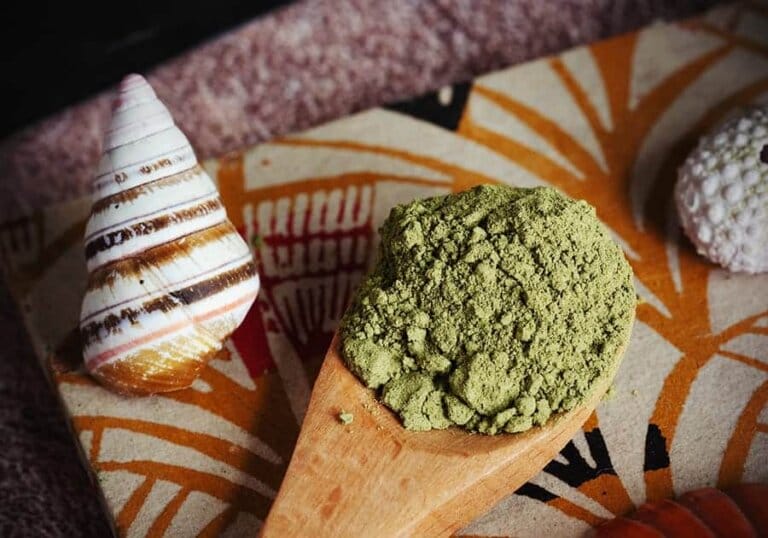Why Get a Personal Trainer Certification?
1. Unlock Your Fitness Potential:
A personal trainer certification goes far beyond the basics of exercise and fitness. It provides a deep understanding of the human body, including anatomy, physiology, and how different exercise modalities impact the body. With this knowledge, you will be equipped to design effective workout programs tailored to individual needs, helping clients overcome obstacles and reach their fitness potential.
2. Boost Your Career Opportunities:
In the highly competitive fitness industry, a personal trainer certification sets you apart from the crowd. Many gyms and fitness facilities require their trainers to hold a recognized certification to ensure they meet the industry standards. By investing in a certification, you increase your chances of being hired by reputable establishments, and it also gives you an edge when starting your own personal training business.
3. Stand Out in the Fitness Industry:
With the ever-growing popularity of fitness and wellness, the industry is saturated with trainers. A certification is a validation of your expertise and dedication, giving you credibility and trust among potential clients. It demonstrates that you have invested time and effort into honing your skills, making you a trusted professional who can guide clients towards their goals.
Choosing the Right Personal Trainer Certification Program
When it comes to choosing the right personal trainer certification program, there are several key factors to consider:
1. Accreditation Matters:
Look for certification programs that are accredited by reputable organizations such as the National Commission for Certifying Agencies (NCCA) or the Accrediting Commission of the Distance Education and Training Council (DETC). Accreditation ensures that the program meets essential quality standards and is recognized by the fitness industry.
2. Comprehensive Curriculum:
A good certification program should cover a wide range of topics, including exercise science, nutrition, client assessment, program design, and client motivation. It should provide in-depth knowledge and practical skills to prepare you for real-world scenarios as a personal trainer.
3. Practical Experience and Support:
Look for programs that offer hands-on practical experience through internships or practical assessments. This will give you valuable experience working with clients and help you apply the knowledge you have gained. Additionally, ensure that the certification program offers ongoing support and resources to assist you in your career as a personal trainer.
Mastering the Essential Skills
As a personal trainer, there are several essential skills that you will master through a comprehensive certification program:
1. Anatomy and Physiology:
Understanding the human body is the foundation of effective training. A thorough knowledge of anatomy and physiology enables you to assess movement patterns, identify muscle imbalances, and design targeted exercise programs to support your clients’ goals.
2. Exercise Science and Biomechanics:
A personal trainer must have a solid understanding of exercise science principles and biomechanics. This knowledge allows you to analyze movement patterns, choose appropriate exercises for clients, and ensure proper form and technique to prevent injuries.
3. Effective Communication and Client Motivation:
Communication skills play a vital role in building rapport with clients and motivating them to reach their goals. A certification program will teach you effective communication techniques to establish trust, set goals, provide feedback, and keep clients motivated throughout their fitness journey.
Navigating the Personal Training Business
Building a successful personal training business requires more than just knowledge of exercise and nutrition. Here are some key considerations:
1. Building a Solid Client Base:
Developing a solid client base is crucial for long-term success. Word-of-mouth referrals, networking within the fitness community, and establishing a strong online presence through a website and social media can help attract and retain clients.
2. Marketing Strategies and Online Presence:
In today’s digital age, having a strong online presence is essential. Utilize social media platforms to showcase your expertise, share valuable content, and engage with potential clients. Implement marketing strategies such as offering promotions, partnering with local businesses, or hosting fitness challenges to attract new clients.
3. Legal and Ethical Considerations:
As a personal trainer, it is important to abide by legal and ethical guidelines. Familiarize yourself with local regulations, liability insurance requirements, and ethical standards set by professional organizations such as the National Strength and Conditioning Association (NSCA) or the American Council on Exercise (ACE).
In conclusion, obtaining a personal trainer certification is a valuable investment in your fitness journey. It not only enhances your knowledge and skills but also opens up numerous career opportunities. By choosing the right certification program and mastering essential skills, you can become a trusted professional in the fitness industry. Navigating the personal training business requires strategic planning, effective marketing, and adherence to legal and ethical considerations. With dedication and commitment, you can build a successful career as a personal trainer.
FAQ
Question: What does a personal trainer certification provide? – A personal trainer certification provides a deep understanding of the human body, allowing you to design effective workout programs tailored to individual needs.
Question: How does a personal trainer certification increase career opportunities? – A certification sets you apart in the highly competitive fitness industry and increases your career opportunities.
Question: What does a personal trainer certification validate? – A certification validates your expertise, giving you credibility and trust among potential clients.
Question: What should I look for when choosing a certification program? – When choosing a certification program, look for accreditation, comprehensive curriculum, and practical experience.
Question: What skills must a personal trainer master? – A personal trainer must master skills in anatomy and physiology, exercise science and biomechanics, and effective communication.
Question: What is important for building a successful personal training business? – Building a successful personal training business requires developing a solid client base, utilizing marketing strategies, and adhering to legal and ethical considerations.
Question: How can I build a solid client base as a personal trainer? – Developing a solid client base is crucial for long-term success. Word-of-mouth referrals, networking within the fitness community, and establishing a strong online presence can help attract and retain clients.
Question: What legal and ethical considerations should I keep in mind as a personal trainer? – As a personal trainer, it is important to abide by legal and ethical guidelines. Familiarize yourself with local regulations, liability insurance requirements, and ethical standards set by professional organizations.














